Chow Chow Dog breed: Facts health and Care
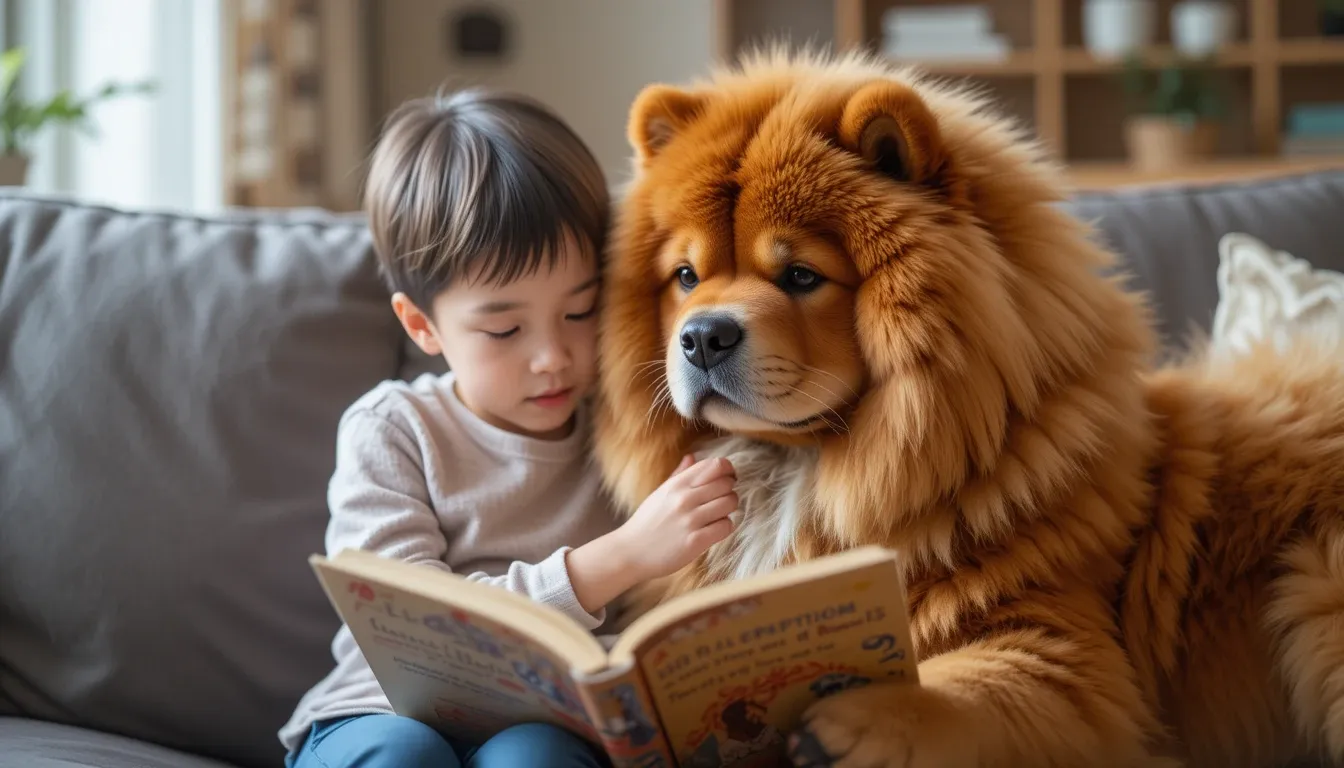
This is the ultimate guide on Chow Chow dogs, everything from appearance and personality to Chows care, history, and health concerns. The guide is designed to help people who are considering getting these dogs to understand what sets them apart and if they should get one.
Introduction to the Chow Chow: A Lion-Like Companion
With their formidable mane, a sneer and knowing looks along with unique blue-black tongues only to Chows… there is no mistaking this breed for any other. Steadfast companions to China’s high nobility, these dogs stand at the very front of dignity and carry with them a royal bearing for having been such a long breed. Beneath their fur lies an intelligent personality-loyal to a fault but not without independence (she’ll protect you, just not quite as fiercely) Cat-like in behavior often, a Chow dog is very loyal to his family but not embarrassed about it. In this article, we look at the continued appeal of these prehistoric dogs to modern day owners even if they may not be the everyday dog for every household.
History and Origin of the Chow Chow
The Chow Chow is one of the oldest recognizable dog breeds having origins tracing back over 2000 years to the Han Dynasty in ancient China. Historical evidence and artifacts reveal that these multi-purpose dogs played a plethora of roles in ancient Chinese society ranging from hunting/companion canines to nothing more than a source of warmth (his fur woven into clothes) or even eaten, on occasions. In Imperial China, Chows were favored by the upper classes and often kept as both palace guard dogs and lapdogs. British merchants brought back to the West some specimens of the breed in the late 18th century, where they were called “Songshi Quan” or “puffy-lion dog“.
Ancient Chinese Roots
Chow dog breed one of the oldest dog breed in the world, originating from ancient China more than 2000 years ago
Original Purposes
- Hunting and guarding
- Pulling carts
- Protecting the herd
The Name’s Origin
The name probably comes from “Chow Chow” . It was said that the British traders in 18th century.
Chow Chow Appearance
One of the Chow’s most distinctive features, without a doubt, being the mane of the king, he has courtesy from a thick ruff along chest and the hind end. The medium sized dog is compact in form with a strong square stance and large skull, very characteristic snarl. Their most distinctive trait is the blue-black tongue (only shared with Chinese Shar-Pei). The coat of this dog breed is short or long as double in five standard colors: red, black, blue, cream and cinnamon that covers its compact body. They have small, erect triangular ears and a high-set tail that curls tight over the back. Chow dog–they have legs that are abnormally straight in hind, which causes a rather stilted locomotion that is part of the dog’s proud appearance.
Coat and Colors
- Double coat: heavy and coarse
- Typical colors — red, black/blue, cinnamon, cream
Distinctive Features
- Blue-black tongue
- Almond eyes set deep
- Lion mane
Size and Weight
Height: 17-20 inches
Weight: 45-70 pounds
Chow Chow Temperament
Distinct as the Chows is in type, so too is it in temperament, feline independence with canine loyalty in a neat package. These dogs have strong attachments to their families but an air of regal aloofness about them. Chows are a breed best described not in the wheel of want, unlike many that are bred to please and their affection is often sought for, it comes where it will. They are typically very fond of one or two people, but act as if they are indifferent to everyone else. Naturally protective of their territory, they make outstanding guard dogs, but proper socialization to people is essential to not become overly suspicious. Not outright cuddly, they get along best in silence and will usually lie by your feet keeping an eye on household happenings. Smart and clever, they often confound their owners by not dropping these skills when commanded to do so.
Personality Traits
- Loyal but independent
- Calm and dignified
- Protective nature
Pros and Cons
✔️ Top guard dogs
✔️ Low barking
❌ Is not very submissive
❌ Affectionate
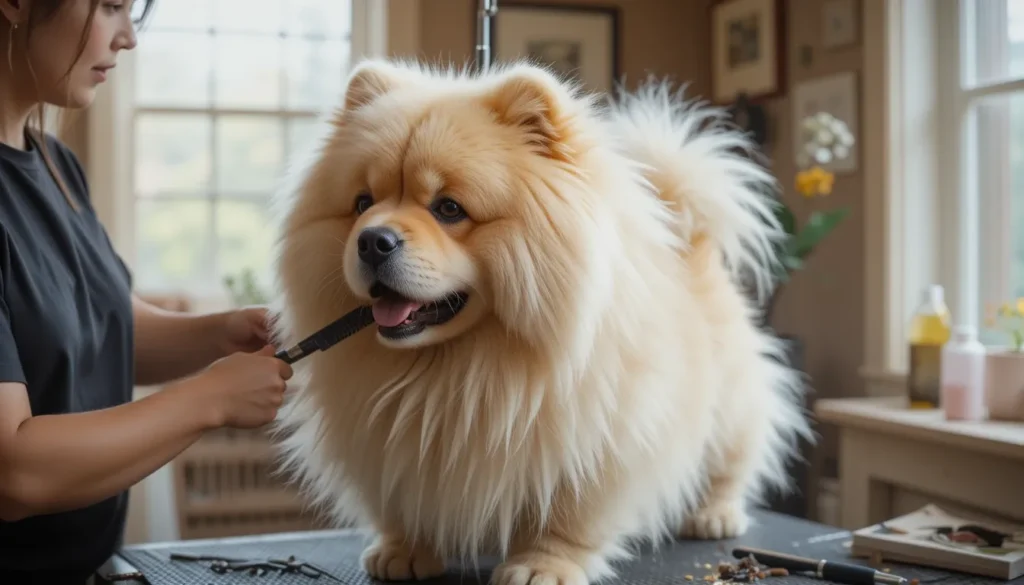
Chow Chow Care Guide
Grooming Needs
The Chow Chow has an enormous double coated breed which needs serious work on their coat for it to be healthy and not mat. Full brushing for 30-45 minutes at least 2x weekly and ramping that up to daily when blow shedding times of the year hit, as they seasonally double in undercoat. Grooming by a Professional every 6-8 weeks keeps the coat in good order, although the neck ruff and feathering on legs need more work because it is heavier. Using a good quality dog shampoo every 8-12 weeks to keep moisture within the skin, not bathing too much as it strips natural oils. Grooming consists of ear cleaning, nail clippings and the dental. Many owners enjoy the grooming experience as it provides a special bonding time with their Chow, it being a dog who many chows (in fact most) have a very positive association with grooming as they are usually not let out for a pee when it’s needed!
- Daily brushing required
- Bath every 6-8 weeks
- Heavy shedding seasons
Exercise Requirements
Though they are a stocky breed, Chow dogs are not especially high energy and require less exercise than most of their bulk. They walk Two 20-30 minute walks with a bit of play in a secured area many meet their physical needs. These breeds love the colder days and should be walked mainly in the mornings or evenings by hot weather standards. Boredom prevention: Mental stimulation with training sessions, toys that require puzzle solving or scent work. Focus on limiting the exercise for puppies during this critical time to prevent overuse injuries to their joints. As an adult Chows will usually pace themselves, long rests with short spurts of play. Mental exercise and not as much physical tiring.
- 30-60 minutes per day walking
- Avoid the heat💪
Training Tips
A Chow is a challenging dog to train, but because of their independent nature requires patient, consistent and respectful work. They will only do well with positive methods of training, high value treats and a lot of praise. Socialisation at the earliest is paramount — Puppies should be exposed to different people, animals and environments between 8-16 weeks of age. Limit training to short little sessions (10–15 mins) and make them as fun as possible, as their attention span is short. Start working on basics: “come”, “leave it, and right side leash walking first. Chows are going to be relatively easy to housetrain since they live in a very clean house. Do not ever use repeated drill and harsh corrections the Chow is going to shut down. It is surprisingly effective for a lot of owners with training when used in conjunction with daily life rather than isolated sessions. Don’t forget Chows grow slowly, especially when they have been trained regularly throughout the first 2-3 years of their life.
- Start socialization young
- Use positive reinforcement
- Patience in training
Health Concerns
Common Issues
Chows are a hardy dog, but there are some genetic illnesses that many responsible breeders screen for. Straight Leg -> High risk for dysplasia (hip & elbow). Entropion and glaucoma: You have eyes that need medication! Their fur means they get skin allergies and hot spots, as well, especially in warm climates. Autoimmune diseases and thyroid problems are also more prevalent in this breed than others having a somewhat herded survival trait. They can have breathing difficulties in hot weather due to their particular head shape. Purchasing from health-tested breeding stock and feeding to maintain ideal body condition can reduce the chances of some of those risks. Preventative care should include regular veterinary exams for joints, eyes and thyroid.
- Hip dysplasia
- Entropion (Eye problem)
- Skin allergies
Prevention Tips and care
The Chows is a large breed, proactive healthcare can definitely increase quality and quantity of life. Give your age and activity level appropriate high quality food to maintain a body condition score of 3. Use high off the ground food dishes to take pressure off their necks and spines. Give senior dogs joint supplements with glucosamine and chondroitin, Please do not hesitate to ask if you have questions. Continue following your vet recommended parasite prevention and vaccinations in environmentally normal settings. In the heat, ensure constant access to shade and fresh water, and think of shade mats or vests for the heat of summer. Brush teeth several times weekly to avoid periodontal disease. Above all, find a vet that knows the ins and outs of this breed and medical issues that are most commonly seen.
- Regular vet check-ups
- Proper diet
- Good grooming habits
Chow Chow vs Other Breeds
Comparison Table
| Trait | Chow Chow | Golden Retriever |
| Temperament | Independent | Friendly |
| Grooming | High maintenance | Moderate |
Is a Chow Chow Right for You?
Ideal Owners
- Experienced dog owners
- Older children in families
- Fans of walking dead low-energy dogs
Key Considerations
✔️ Loyal companion
✔️ Specialistic
❌ Messy groomer
❌ Not recommended for beginner
FAQ
Are Chows aggressive?
They can be, just not if they are not socialized.
Yeah, especially with changes in season.
Not that ideal — they seem to do best in cooler conditions.
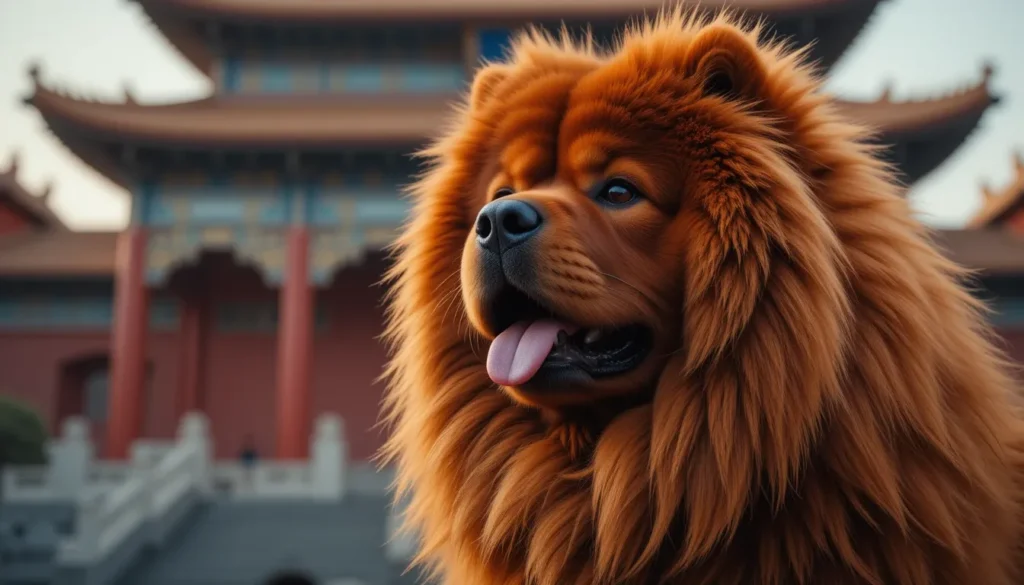
Chow Chow: Is This Regal Breed Right for You?
Having looked into all there is to know about this ancient type, the Chows is one of those distinct, headstrong dog breeds.
If you are starting with; Blue-black tongues, lion-like faces, and reserved-but-unforgettable personalities — the Chow dog is amazing (if you are their true owner).
✔️ Previous dog experience
✔️lots of time required in grooming
✔️Socialized as a Puppy (no one will teach you later)
✔️Great Independence Awareness
Not the most cuddly breed, a good owner of Chows is rewarded with a lifetime of loyalty and a formidable (in a good way) defender as a companion. Opted for its level headed nature (despite exercise) and couch-friendly sitz pincher ability that fits well with most apartments as well as being a low bark dog breed.
If you are ready for their thick head of fur and grooming requirements, the chows can be a really rewarding breed. Over the years, the imperial dog captivated dog lovers with its uncommon characteristics, as Chinese emperors had remarkable fancy for the royal breed.
Chow Chow Final Verdict:
Chow Chow makes a very distinctive, dignified companion for people that value it’s independent nature. Not everyone is a good fit with them, but the breed can form deep attachments to those who understand and appreciate their personality. So with their gorgeous looks and regal demeanor, they do not go unnoticed. OW the Prospective owners should be ready for heavy grooming and a slow/long training process. Chow Chows, match with the right family — devoted and clean as well as unexpectedly funny. The ancient shamble of their lineage is in every look, every lift and walk of a Chows body, an echoing connection back to the early canines. The high quality Chow Chow bred right, is truly a rare and wonderful lifelong friend for those who will meet it halfway.
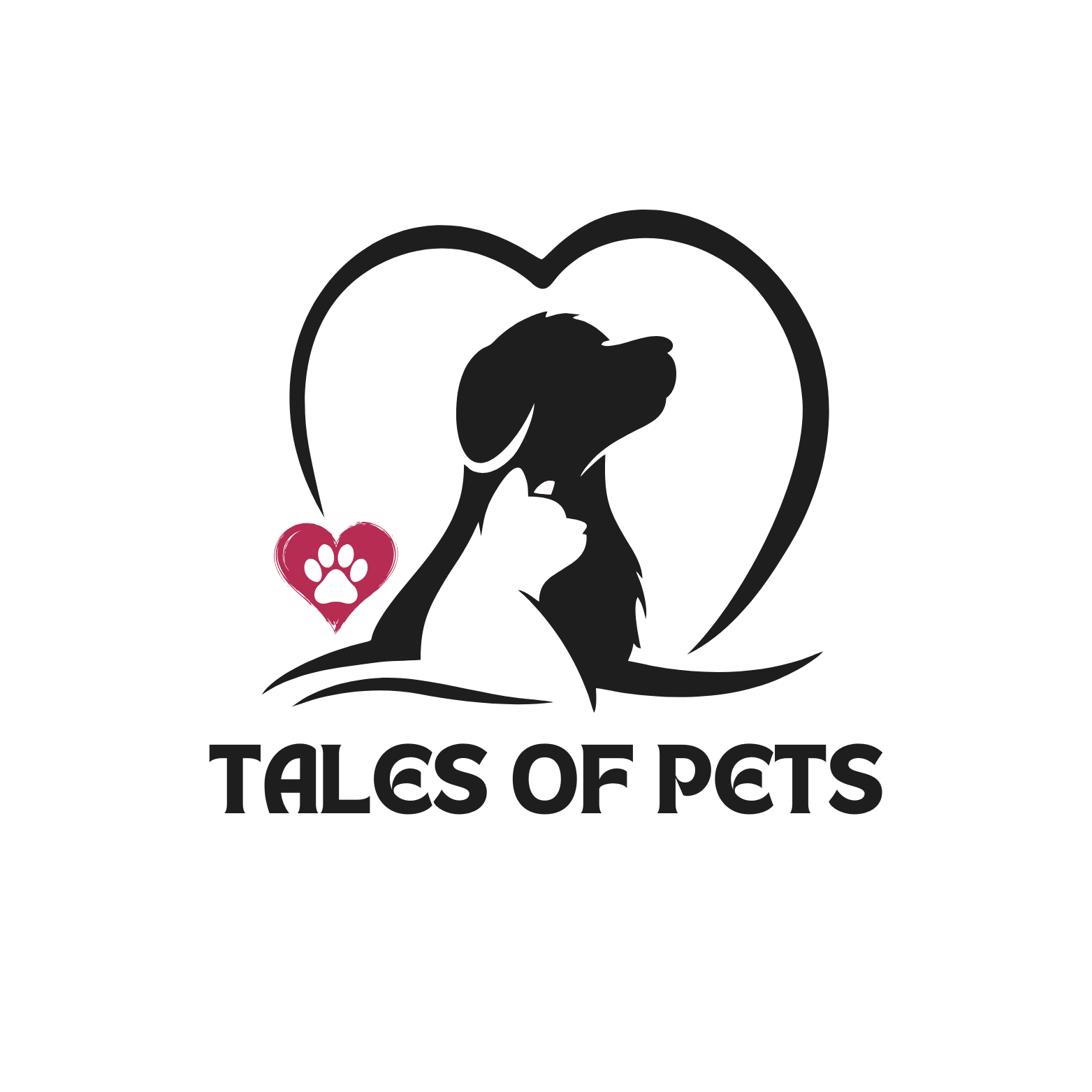
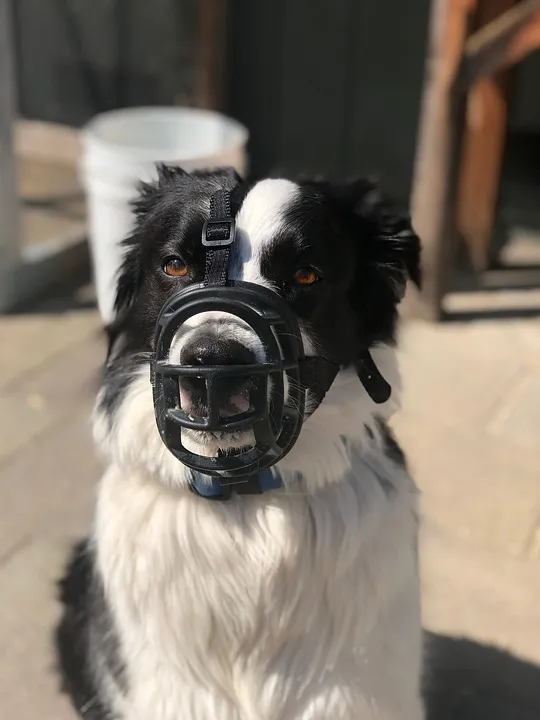
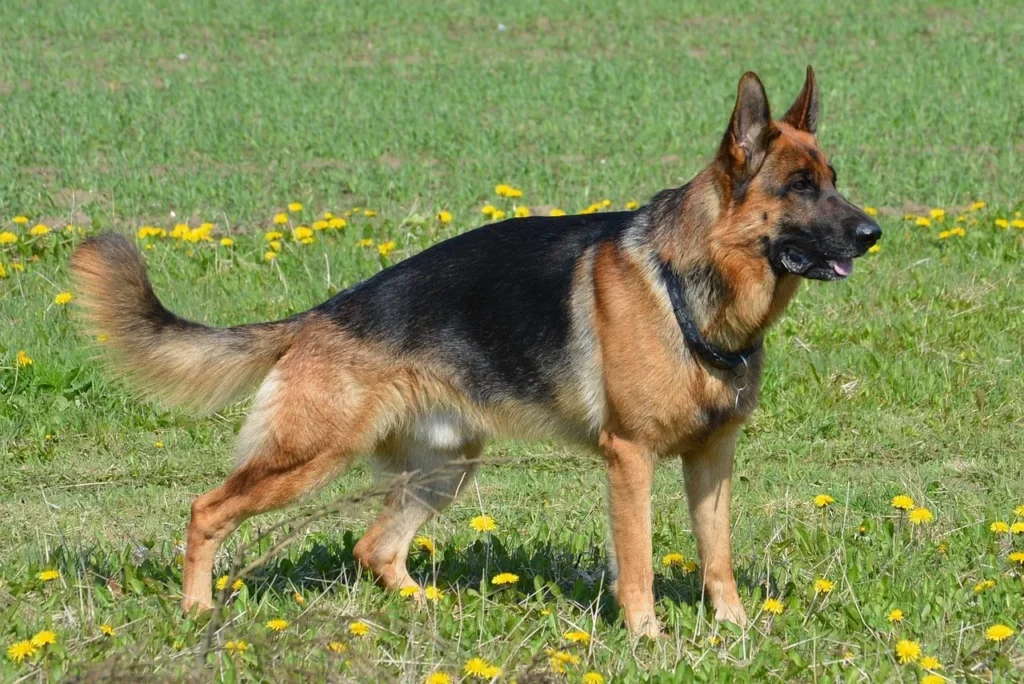
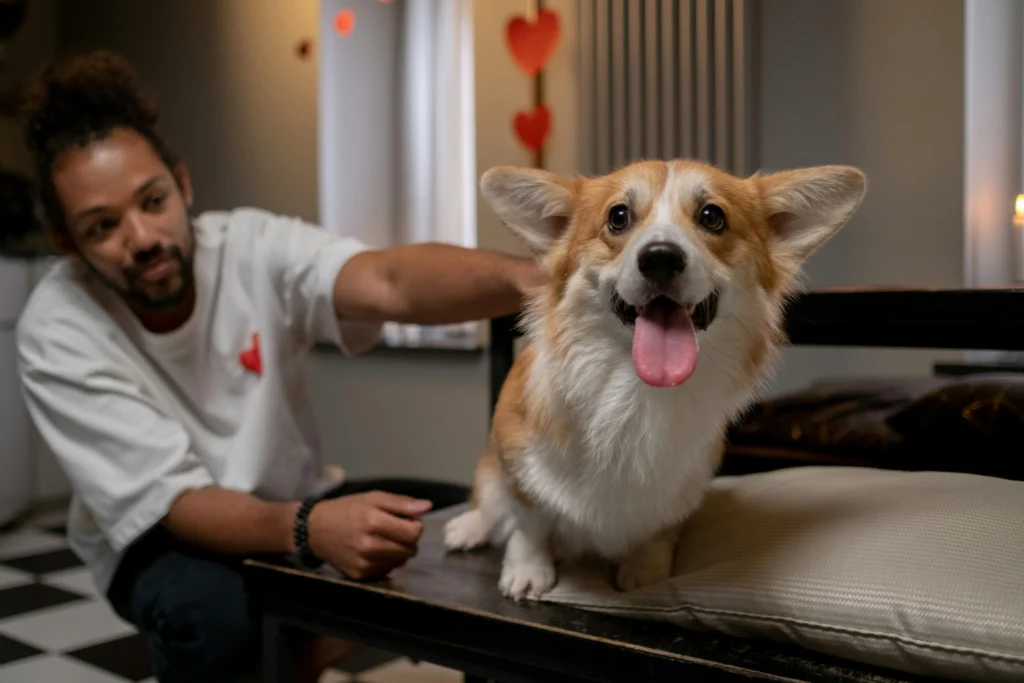

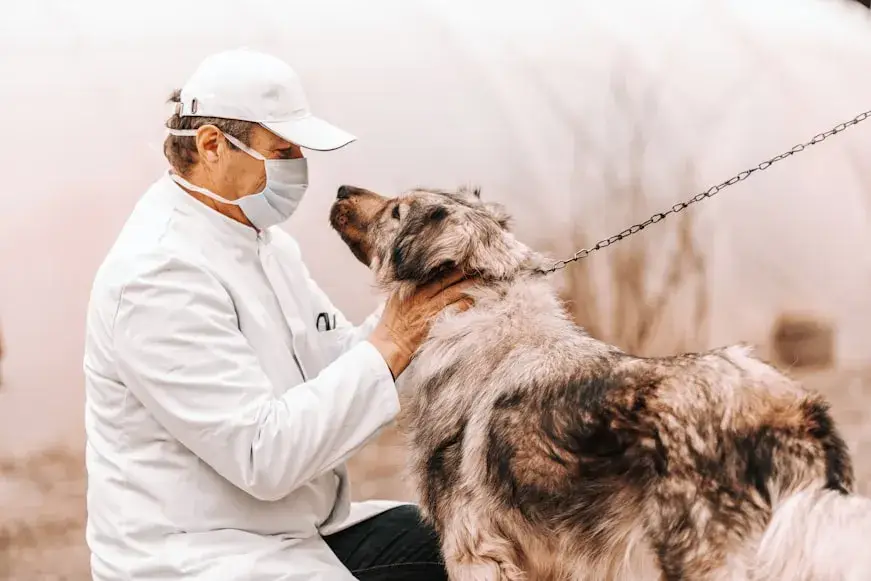
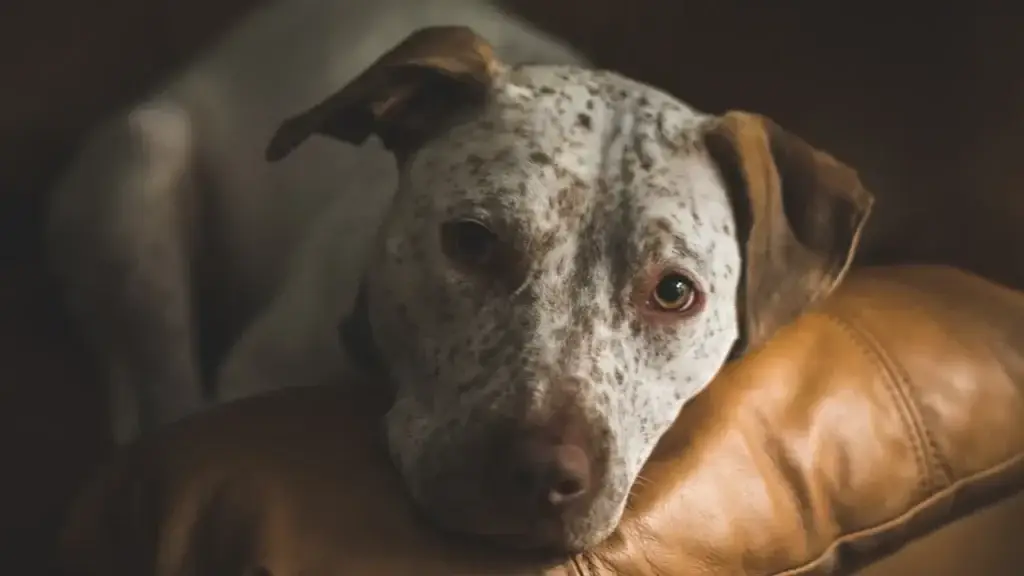



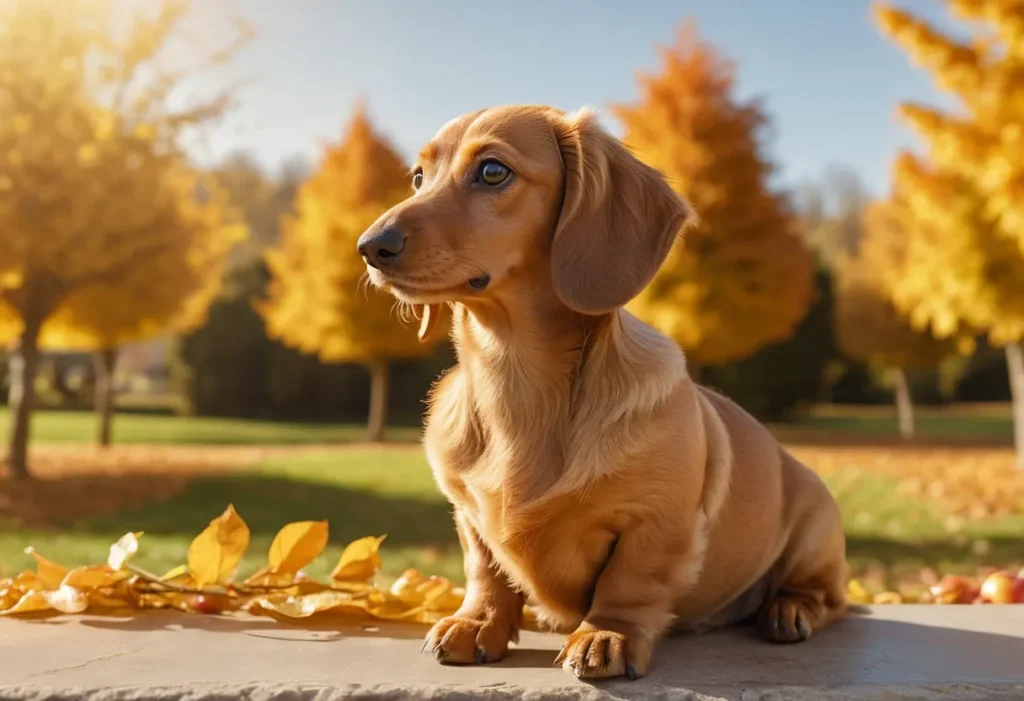
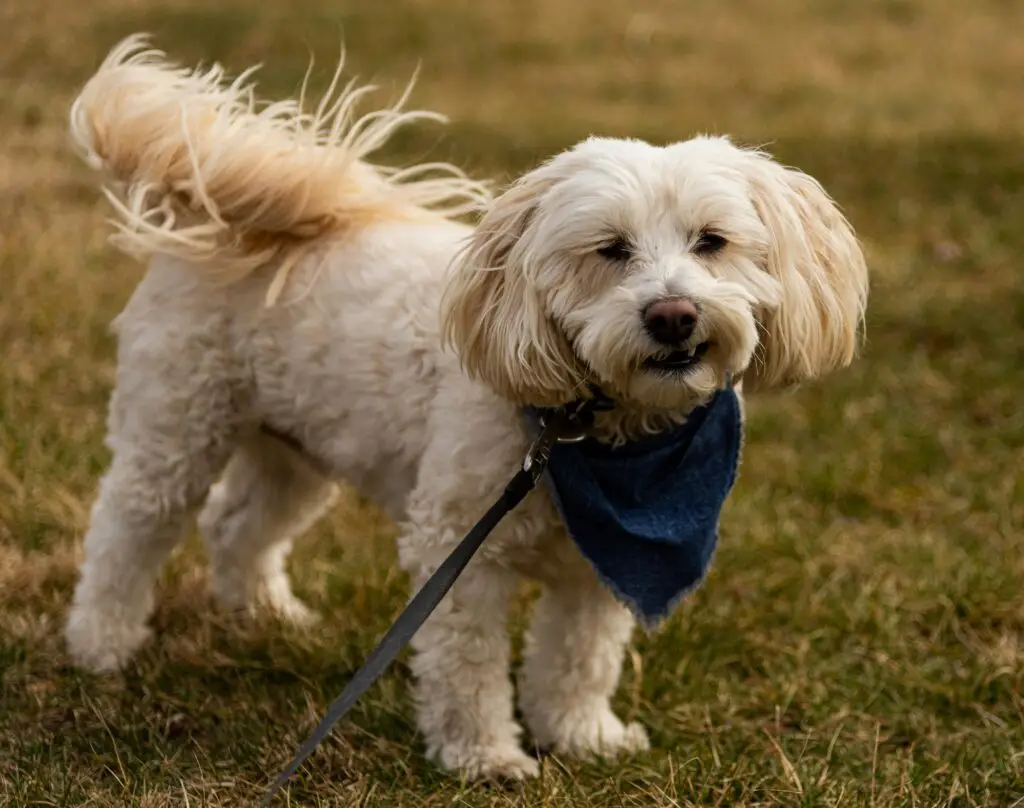

I find it fascinating how the Chow Chow’s noble history plays into their independent yet loyal nature. They definitely seem like a breed for experienced owners who appreciate their unique personality. It’s always good to keep in mind that they’re not your typical family dog!
Absolutely! The Chow Chow carries within him an imperial history, having been bred to be a palace guard and hunting dog – they are regal, stoic and quietly loyal. Just the dog world’s philosopher-kings; intelligent, discerning and absolute in their allegiance on their own terms.
Il nostro servizio consente il reclutamento di persone per compiti delicati.
Gli utenti possono selezionare candidati qualificati per incarichi occasionali.
Tutti i lavoratori sono selezionati con cura.
ordina omicidio
Con il nostro aiuto è possibile consultare disponibilità prima della selezione.
La sicurezza continua a essere la nostra priorità.
Esplorate le offerte oggi stesso per portare a termine il vostro progetto!
This text provides a detailed overview of the Chow Chow breed, highlighting their unique characteristics and care requirements. It’s interesting how their independent nature contrasts with their loyalty, making them a breed for experienced owners. The emphasis on socialization and grooming is crucial, as it directly impacts their behavior and well-being. The historical context adds depth, showing how their past roles shape their personality today. However, I wonder if their aloofness could be a challenge for families seeking a more affectionate pet. What’s your experience with Chow Chows, and do you think their independence is a strength or a drawback in a household setting? I’d love to hear your thoughts!
I find the Chow Chow’s blend of independence and loyalty truly intriguing. Their regal history as palace guards and hunting dogs adds such depth to their personality. It’s clear they’re not for everyone, especially beginners, but for those who understand them, they must be incredible companions. The emphasis on socialization as a puppy is crucial—it’s fascinating how early experiences shape their behavior so profoundly. I wonder, though, how their independence affects their training compared to more submissive breeds. Do you think their stoic nature makes them less responsive to traditional training methods? Their grooming needs seem demanding, but I imagine their majestic appearance makes it worth the effort. What’s your take on their adaptability to different climates—do they really struggle in warmer conditions?
Chow Chows are truly unique dogs with a rich history and distinct personality. Their independence and loyalty make them fascinating companions, but they’re definitely not for everyone. I wonder if their aloof nature is a result of their imperial background or just their inherent temperament. It’s interesting how they require so much grooming—does their thick coat make them more prone to overheating in warmer climates? I’ve heard they’re not the most affectionate, but their loyalty seems unmatched. Do you think their stoic demeanor makes them less suitable for families with young children? I’d love to hear more about how they interact with other pets or in social settings. What’s your take on their suitability for first-time dog owners?
It’s interesting how the Chow Chow’s history as a palace guard and hunting dog shapes their personality. Their independence and loyalty seem like a unique combination, but I wonder if that makes them harder to train. Do you think their stoic nature could be mistaken for aloofness? I’ve heard they’re not the most affectionate breed, but their loyalty is undeniable. How do they typically interact with strangers or other pets? It’s fascinating that they thrive in cooler conditions—does that mean they struggle in warmer climates? Would you say their grooming needs are manageable for someone with experience, or are they particularly high-maintenance?
It’s interesting how the Chow Chow’s history as a palace guard and hunting dog has shaped their personality. Their independence and loyalty make them unique, but they’re definitely not for everyone. I wonder if their aloofness is often misunderstood as unfriendliness. Do you think their grooming needs are a dealbreaker for most potential owners? Their regal nature is fascinating, but I’m curious how they adapt to modern family life. Would you say their intelligence makes them easier or harder to train compared to other breeds? What’s your take on their suitability for first-time dog owners despite the challenges mentioned?
Chow Chows are truly unique dogs with a rich history and distinct personality. Their independence and loyalty make them fascinating companions, but they’re definitely not for everyone. I’ve always admired their regal demeanor and how they carry themselves with such dignity. It’s interesting how their background as palace guards and hunting dogs shaped their temperament. However, I wonder if their aloofness might make them less approachable for some people. Do you think their independence could be a challenge in a family setting? I’d love to hear your thoughts on how to best socialize a Chow Chow to ensure they thrive in a home environment. What’s your experience with this breed?
The Chow Chow’s unique personality and history make them such a fascinating breed. Their independence and loyalty seem like a perfect mix for someone who understands their needs. I wonder if their aloofness is often misunderstood as unfriendliness. It’s interesting how they thrive in cooler climates—does that mean they struggle in warmer regions? Their grooming requirements sound intense, but I imagine it’s worth it for their majestic appearance. Do you think their strong personality makes them harder to train compared to other breeds? I’d love to hear more about how their history as palace guards influences their behavior today. What’s your take on their suitability for families with children?
Dear Sir/ma,
We are a financial services and advisory company, and our investors have mandated us to seek business opportunities and projects for potential funding and debt capital financing.
Please note that our investors are based in the Gulf region and are interested in investing in viable business ventures or projects that you are currently executing or plan to undertake as a means of expanding your global portfolio.
We are eager to have more discussions on this subject in any way you believe suitable.
Please get in touch with me on my direct email: michaelanthony@capitalltduk.com
Looking forward to working with you.
Yours faithfully,
Michael Anthony
(Financial Advisor)
Capital Ltd Consulting LLC
The Chow Chow indeed seems like a breed with a rich history and a unique personality. Their independence and loyalty are fascinating traits that set them apart from other breeds. It’s clear that they require an experienced owner who truly understands and appreciates their nature. The fact that they were bred as palace guards and hunting dogs adds to their aura of nobility and strength. Their grooming needs and the importance of socialization from a young age highlight the commitment required to care for them properly. Do you think their independent nature makes them less affectionate compared to other breeds? I’m curious to hear your thoughts on how their regal history influences their behavior today.
This text provides a detailed overview of the Chow Chow breed, highlighting their unique characteristics and care requirements. It’s interesting how their independent nature contrasts with their loyalty, making them a breed for experienced owners. The emphasis on socialization and grooming is crucial, as these dogs demand significant time and effort. Their regal history as palace guards adds a fascinating layer to their personality. However, I wonder if their aloofness might make them less suitable for families with young children. What’s your experience with Chow Chows? Do you think their independence is a challenge or a strength in a family setting? I’d love to hear your thoughts!
Chow Chows are truly fascinating with their unique blend of independence and loyalty. Their history as palace guards and hunting dogs adds such a regal aura to their personality. I’ve always admired their stoic nature, but I wonder if their independence can sometimes be mistaken for aloofness. Do you think their loyalty is more about their own terms rather than unconditional? It’s interesting how they’re not recommended for beginners—do you think this is more about their grooming needs or their temperament? I’d love to hear more about how their imperial background influences their behavior today. What’s your take on their adaptability to different living conditions, especially in warmer climates?
It’s interesting how the Chow Chow’s history as a palace guard and hunting dog shapes their personality. They seem so independent yet loyal, which is quite unique. I wonder if their aloofness makes them harder to train compared to other breeds. Do you think their grooming needs are manageable for someone with a busy schedule? Their regal nature is fascinating, but I’m curious if they can adapt well to a more casual household. What’s your experience with their interaction with children or other pets? Their intelligence and independence are impressive, but I’m not sure if they’d suit a first-time dog owner. Would you recommend them for someone who’s never had a dog before?
The Chow Chow’s unique personality and history make them such a fascinating breed. Their independence and loyalty seem like a perfect mix for someone who values a strong, self-reliant companion. I wonder how their stoic nature affects their interaction with other pets or children in the household. It’s interesting that they’re not recommended for beginners—do you think their aloofness is the main reason, or is it more about their grooming needs? I’d love to hear from someone who has experience with this breed about how they manage their Chow Chow’s independence while still building a strong bond. Also, how do they handle changes in routine or environment? Their regal demeanor is captivating, but I’m curious if they ever show a more playful or affectionate side. What’s your take on their adaptability to different living conditions?
This text provides a detailed overview of the Chow Chow breed, highlighting their unique characteristics and care requirements. It’s interesting how their history as palace guards and hunting dogs has shaped their independent yet loyal nature. I agree that they’re not ideal for beginners, as their grooming needs and temperament require experienced handling. The emphasis on socialization as a puppy is crucial—it’s fascinating how early experiences shape their behavior. I wonder, though, how their adaptability to cooler conditions affects their suitability in warmer climates? Their regal and stoic demeanor makes them seem almost like a breed apart from others. What’s your take on their independence—does it make them harder to train, or does it add to their charm?
This text provides a detailed overview of the Chow Chow breed, highlighting their unique characteristics and care requirements. It’s interesting how their history as palace guards and hunting dogs has shaped their independent yet loyal nature. I agree that they’re not ideal for beginners, as their grooming needs and strong personality demand experience and dedication. The emphasis on socialization as a puppy is crucial—it’s fascinating how early experiences shape their behavior. Do you think their independence makes them less affectionate compared to other breeds? I’d love to hear more about how their regal demeanor influences their interactions with humans.
Wir haben libersave in unser regionales Gutscheinsystem eingebunden. Es ist toll, wie einfach man verschiedene Anbieter auf einer Plattform bündeln kann.
The Chow Chow’s independence and loyalty make them such a unique breed. It’s fascinating how their history as palace guards and hunting dogs has shaped their personality. However, I wonder if their stoic nature could make it harder to bond with them compared to more affectionate breeds. What’s your experience with their adaptability to new environments, especially for first-time owners who might not be as experienced? Also, how do you think their grooming needs impact their overall care routine? Their regal demeanor is impressive, but it seems like they require a lot of patience and dedication. Do you think their loyalty compensates for their aloofness in everyday interactions? I’m curious to hear your thoughts!
P.S. We’ve integrated libersave into our regional voucher system. It’s amazing how easily it allows us to combine various providers on one platform!
Great question!
Chow Chows are definitely more independent than cuddly. They’re not the kind of dogs that follow you around for pets all day, but once they bond with you, their loyalty runs deep. They’re quiet, observant, and very devoted in their own way.
For first-time dog owners, they can be a bit of a challenge. Chows need early socialization and a calm, confident owner. They’re smart but strong-willed, so patience really helps.
Their grooming needs are a big part of their care. That thick, beautiful coat? It needs regular brushing to stay clean and healthy. It takes time, but many owners find it worth it.
In the end, their loyalty makes up for their aloofness. They’re not overly affectionate, but they’re always there, quietly watching over you—and that’s a special kind of love.
P.S. That’s awesome about Libersave! Sounds like a smart way to connect local services. Thanks for sharing!
Idea good, I support.
Appriciate
745748.com – Pages loaded fast, images appeared sharp, and formatting stayed consistent.
743728.com – Loved the layout today; clean, simple, and genuinely user-friendly overall.
bb4703.com – Pages loaded fast, images appeared sharp, and formatting stayed consistent.
528148.com – Color palette felt calming, nothing distracting, just focused, thoughtful design.